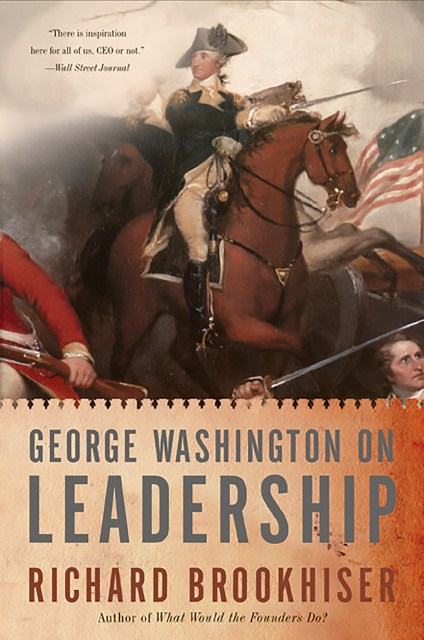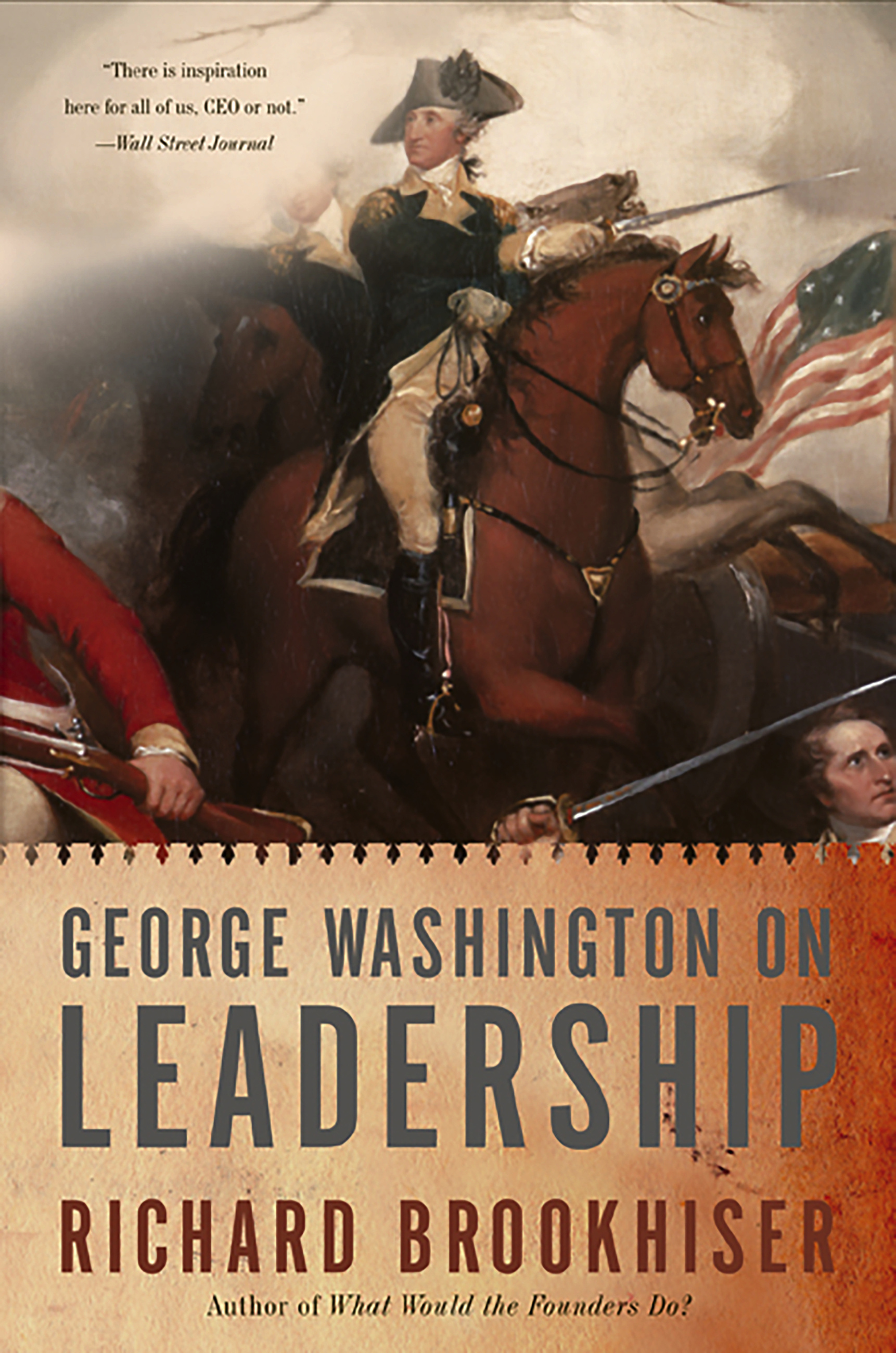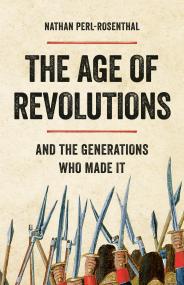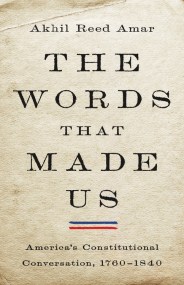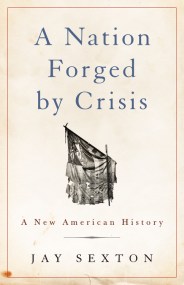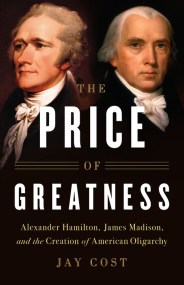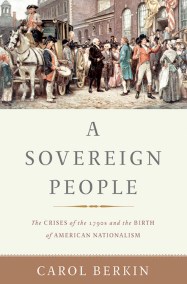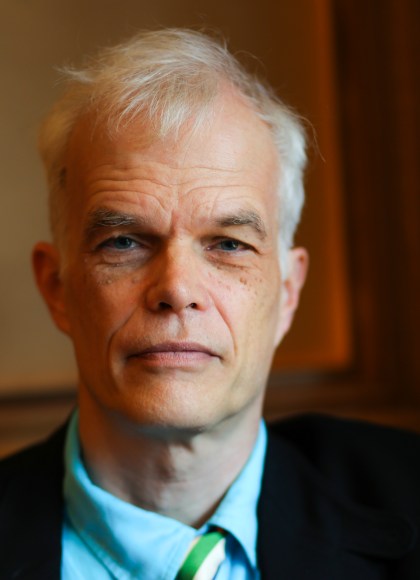Promotion
Use code MOM24 for 20% off site wide + free shipping over $45
George Washington On Leadership
Contributors
Formats and Prices
Price
$21.99Price
$28.99 CADFormat
Format:
- Trade Paperback $21.99 $28.99 CAD
- ebook $9.99 $11.99 CAD
This item is a preorder. Your payment method will be charged immediately, and the product is expected to ship on or around April 14, 2009. This date is subject to change due to shipping delays beyond our control.
Also available from:
Richard Brookhiser’s revolutionary biography, Founding Father , took George Washington off the dollar bill and made him live. Now, with his trademark wit and precision, Brookhiser expertly examines the details of Washington’s life that fullscale biographies sweep over, to instruct us in true leadership. George Washington on Leadership is a textbook look at Washington’s three spectacularly successful careers as an executive: general, president, and tycoon. Brookhiser explains how Washington maximized his strengths and overcame his flaws, and inspires us to do likewise. It shows how one man’s struggles and successes 200 years ago can be a model for leaders today. Washington oversaw two startups-the army and the presidency. He chaired the most important meeting in American history-the Constitutional Convention. Washington rose from being a third son who was a major in the militia, to one of the most famous men in the world. At every stage in his career, he had to deal with changing circumstances, from tobacco prices to geopolitics, and with wildly different classes of men, from frontiersmen to aristocrats. Washington’s example is so crucial because of the many firsts he is responsible for.
Genre:
- On Sale
- Apr 14, 2009
- Page Count
- 288 pages
- Publisher
- Basic Books
- ISBN-13
- 9780465003037
Newsletter Signup
By clicking ‘Sign Up,’ I acknowledge that I have read and agree to Hachette Book Group’s Privacy Policy and Terms of Use
